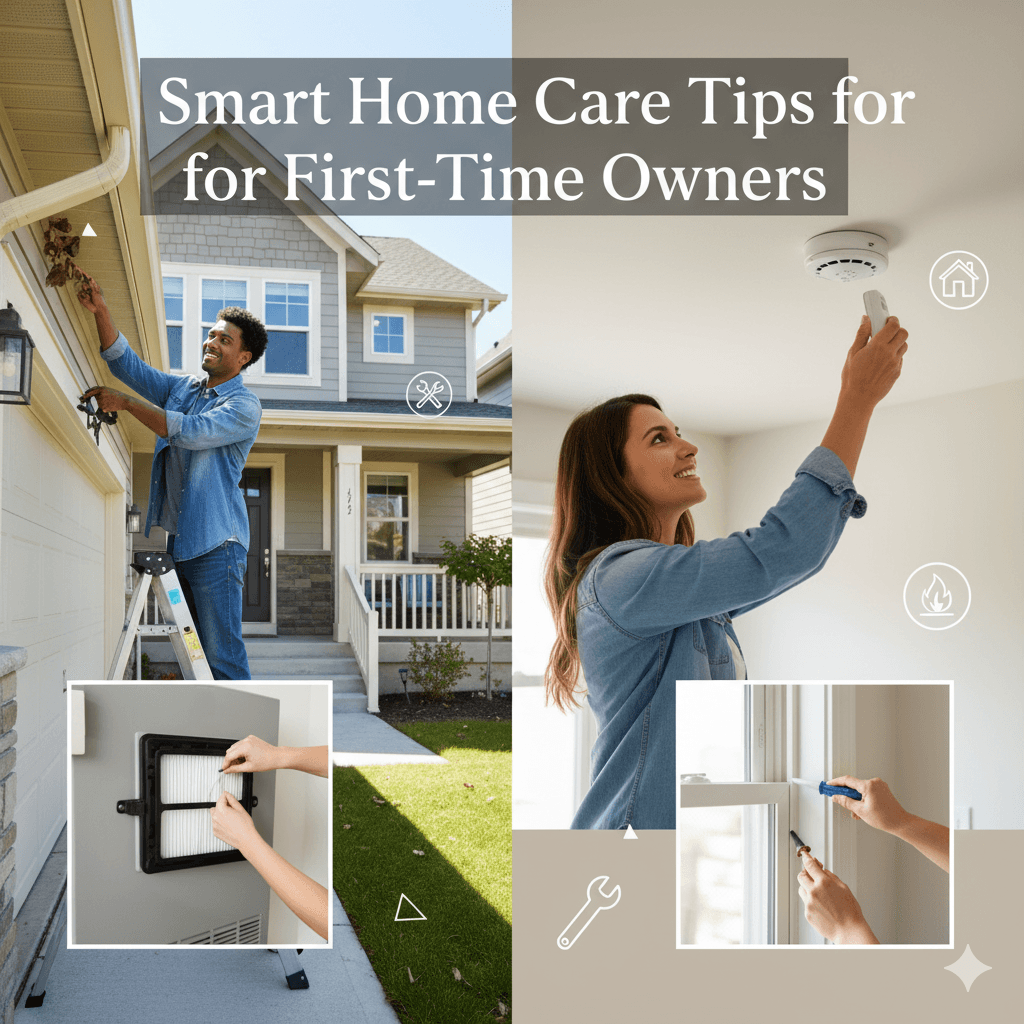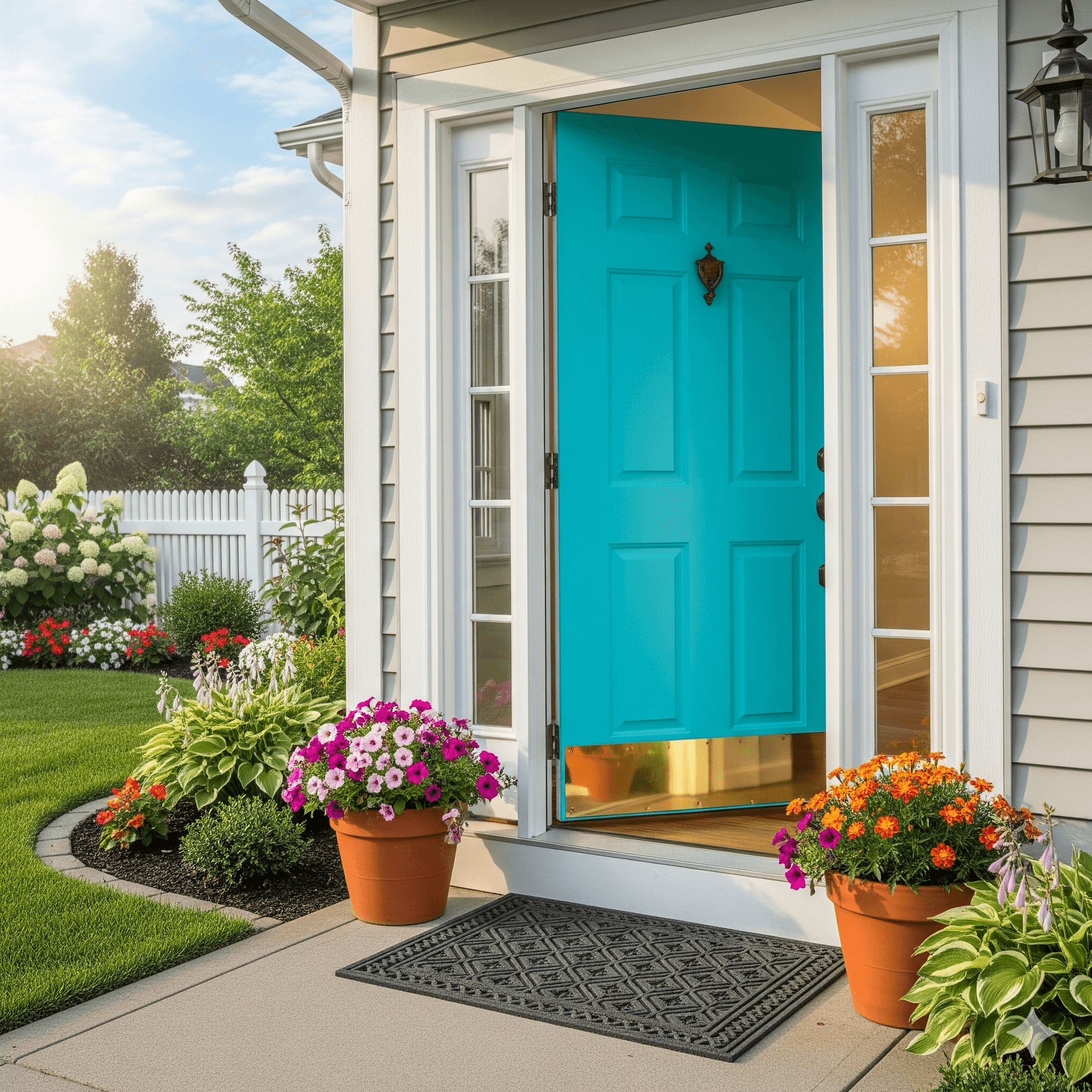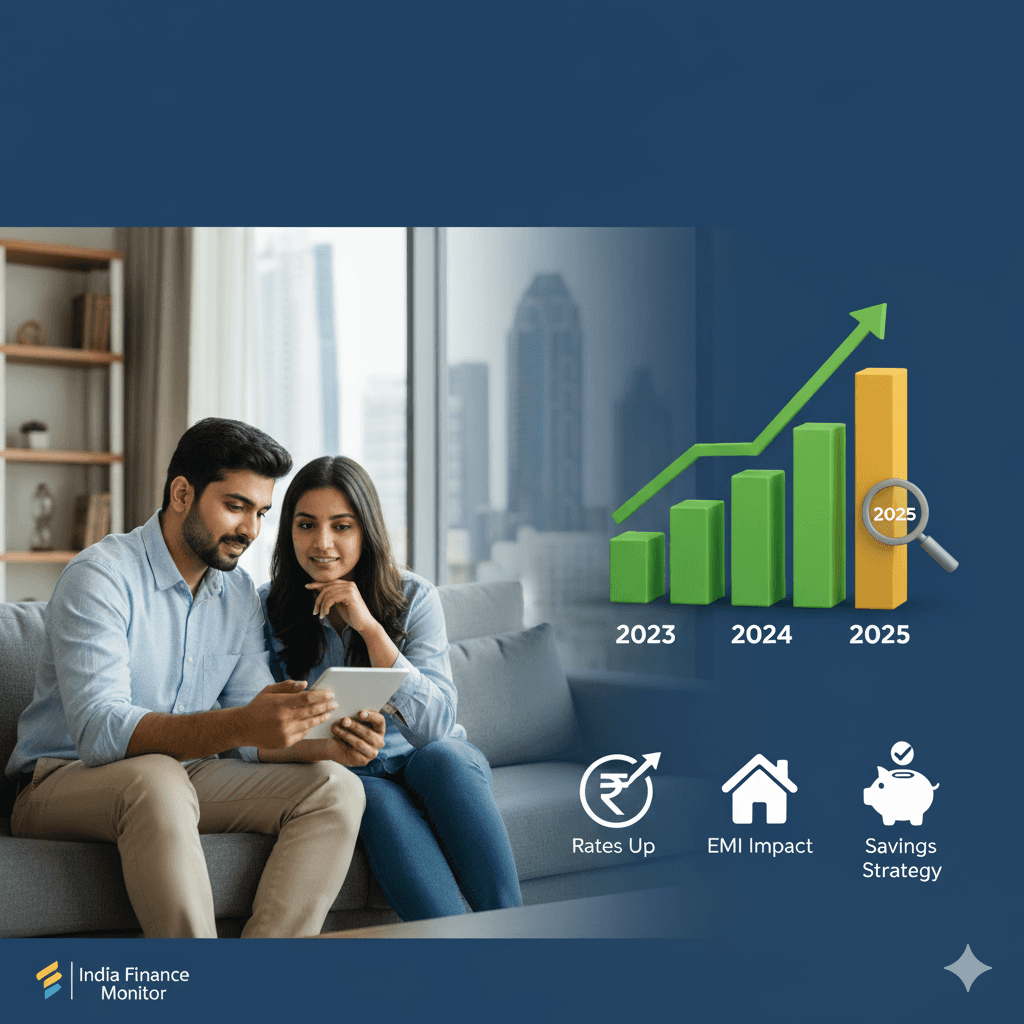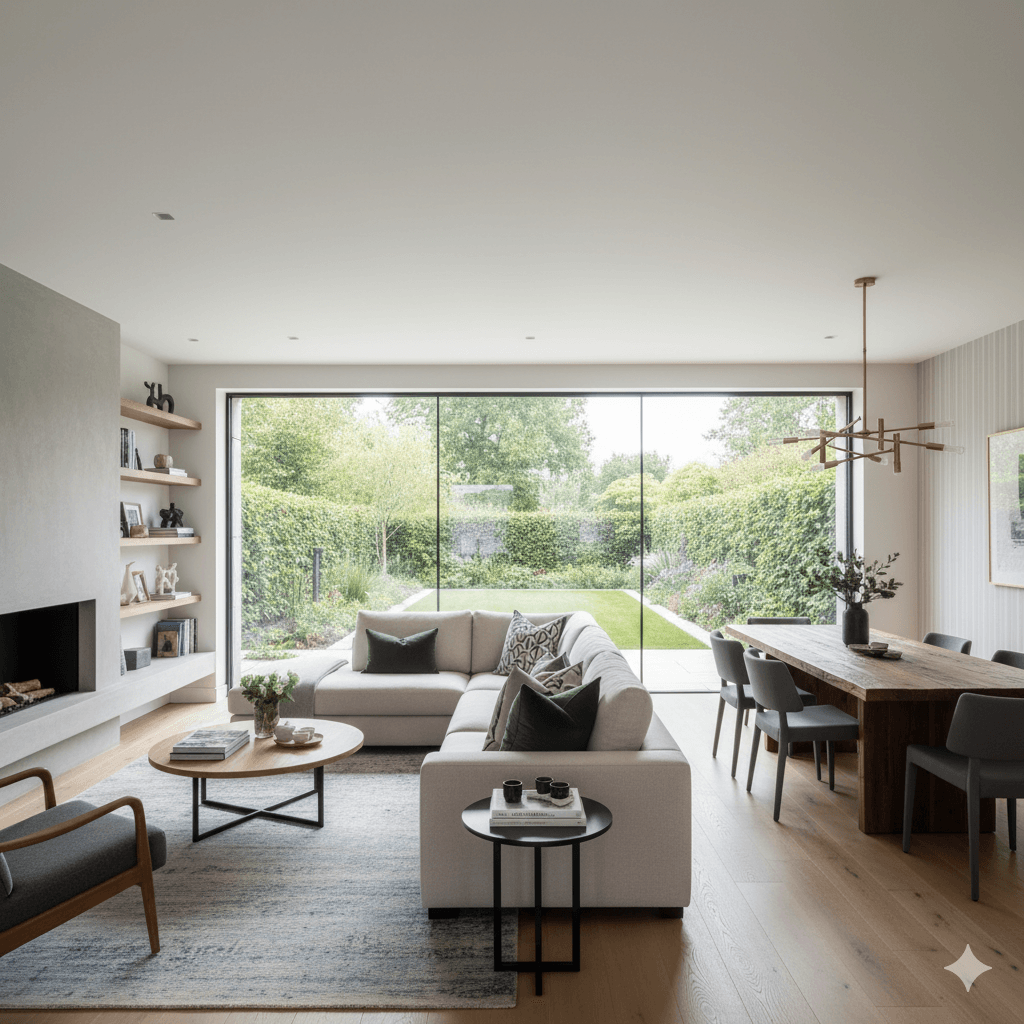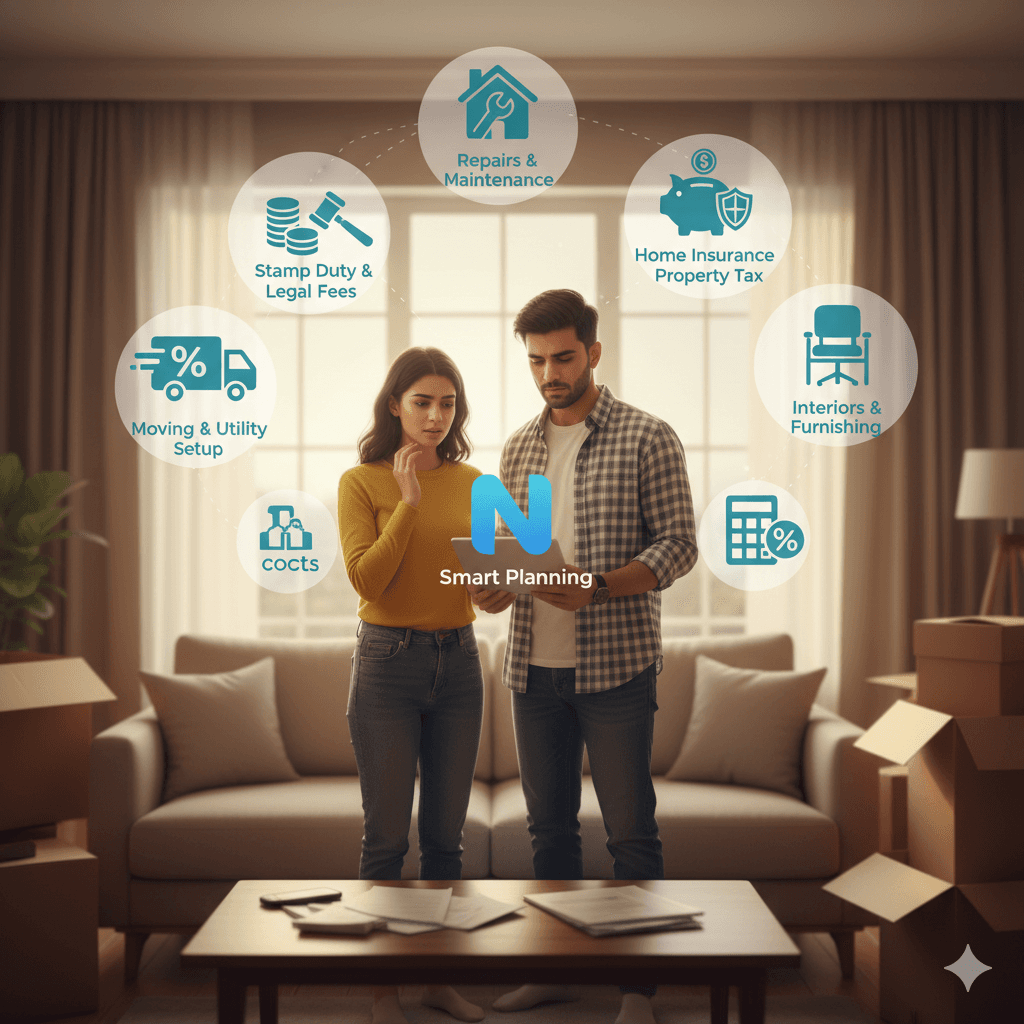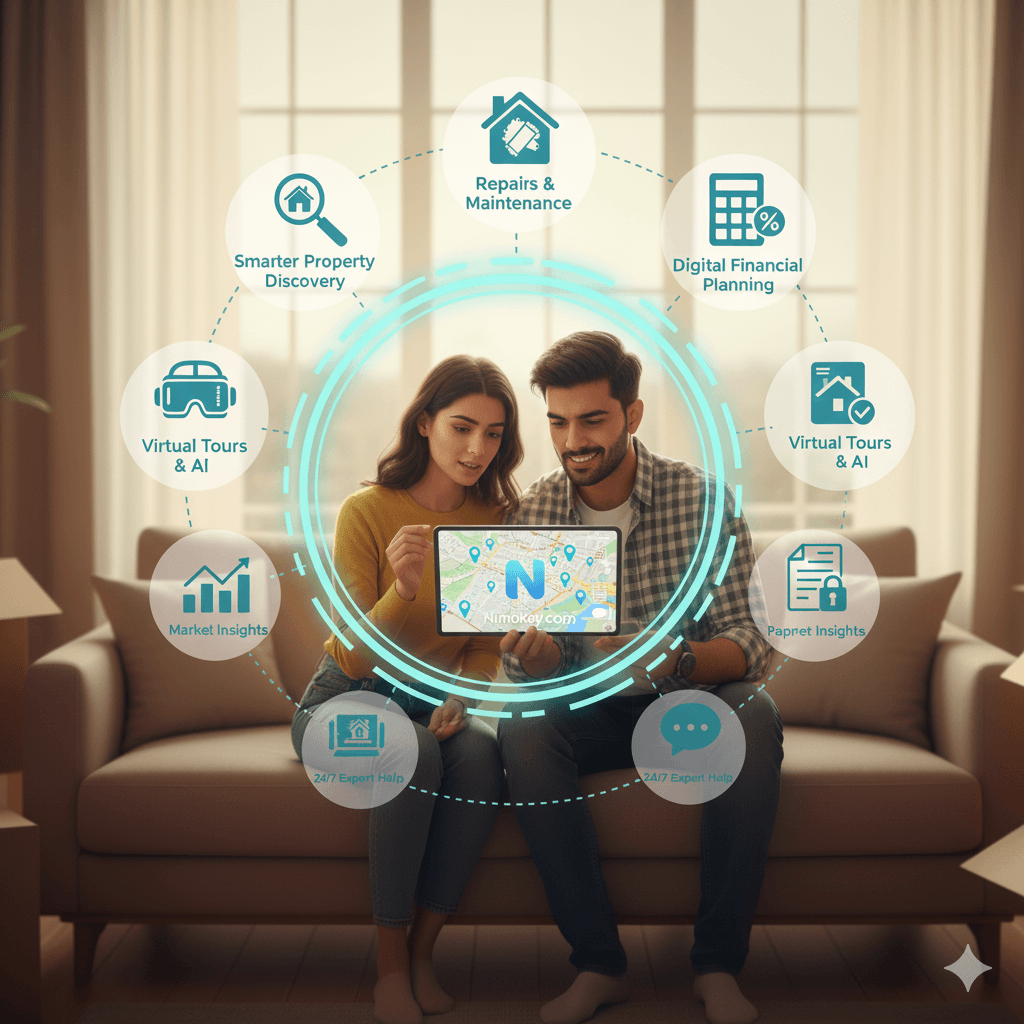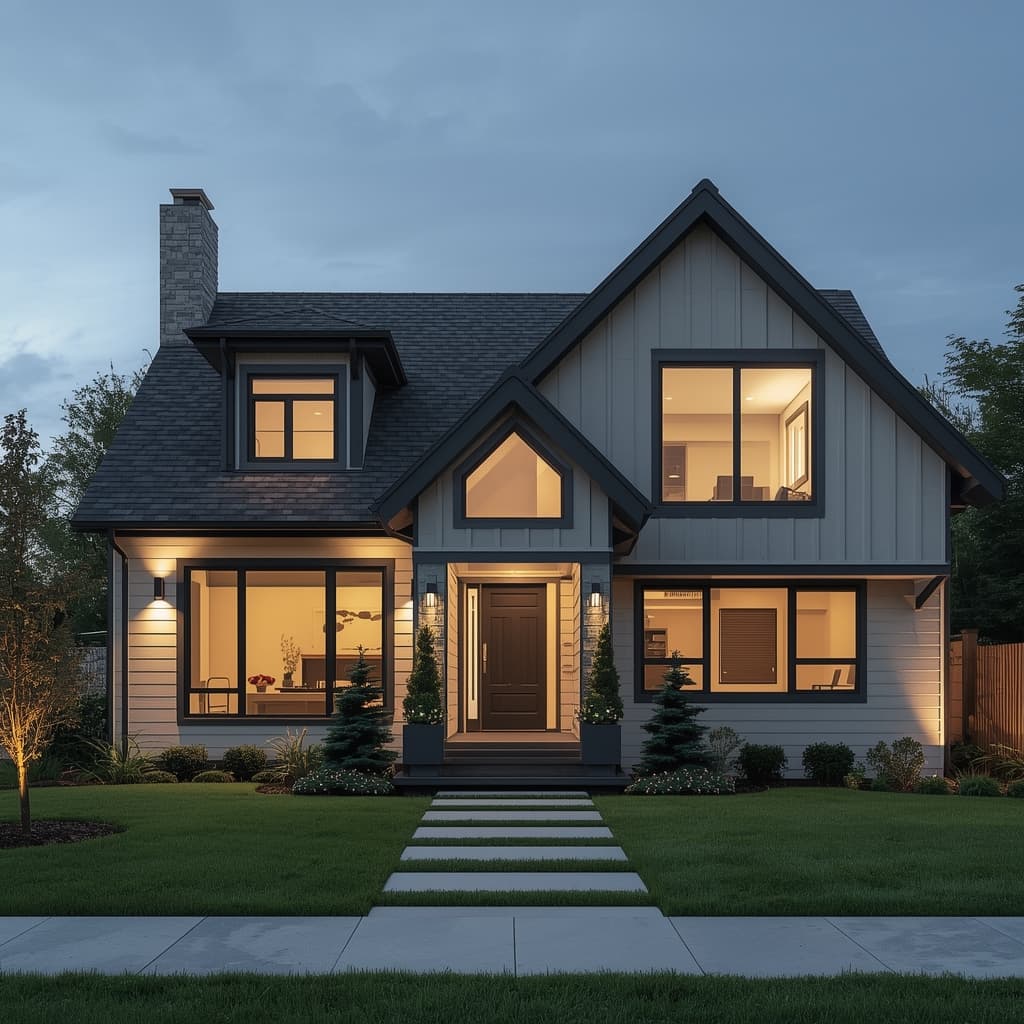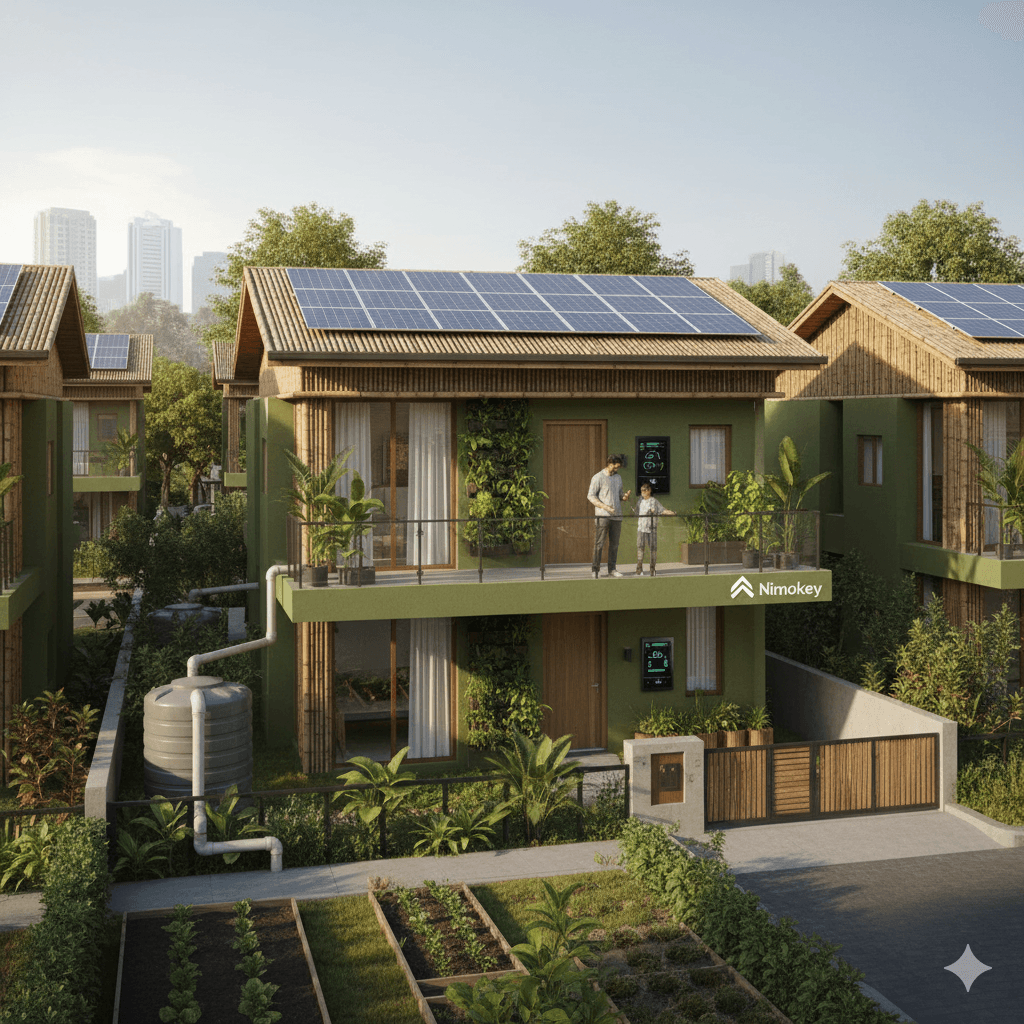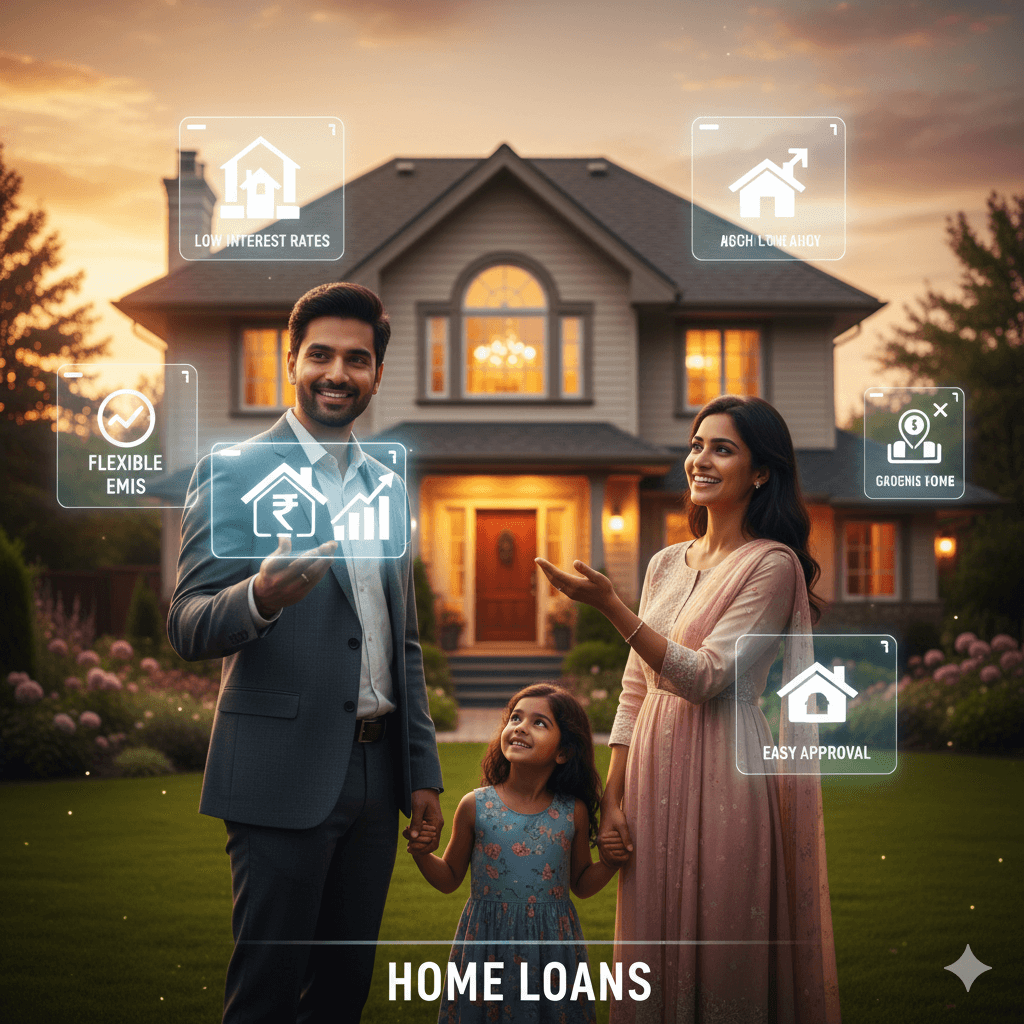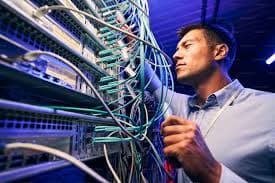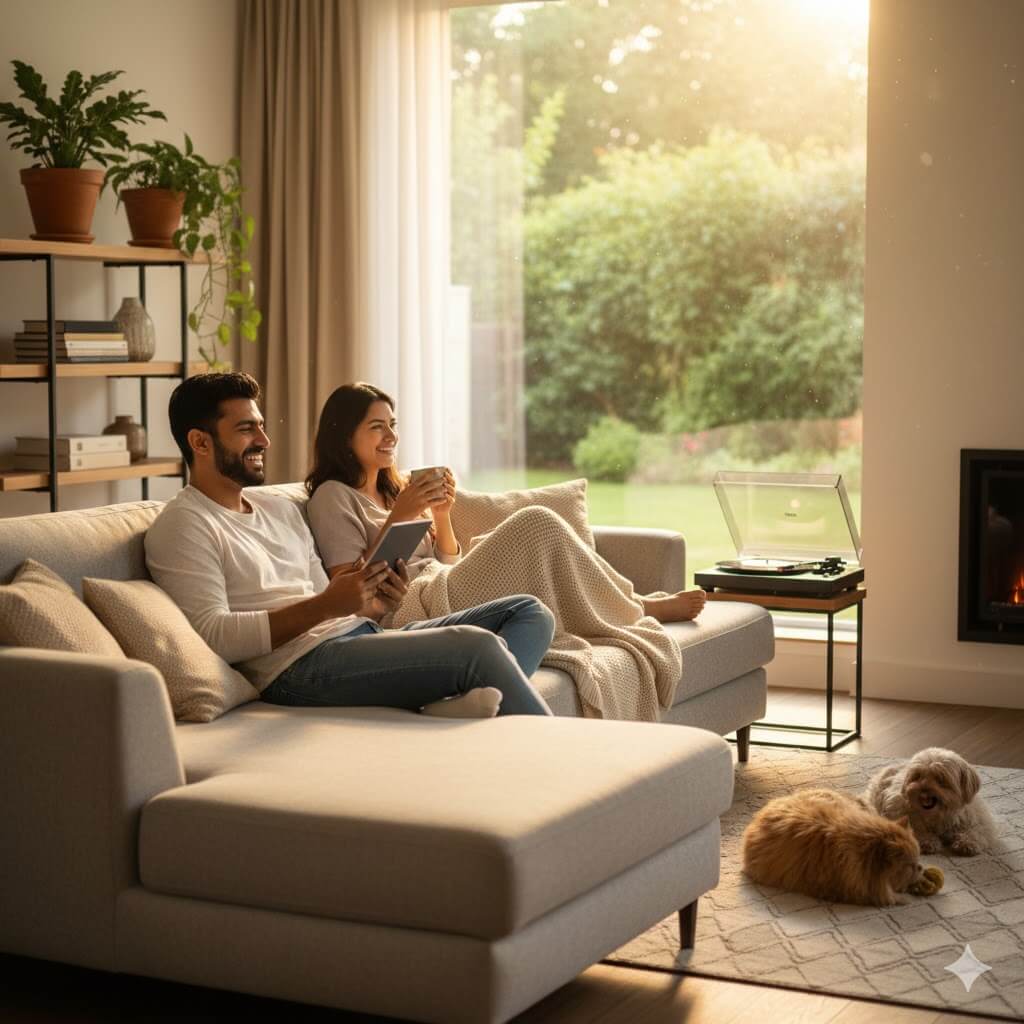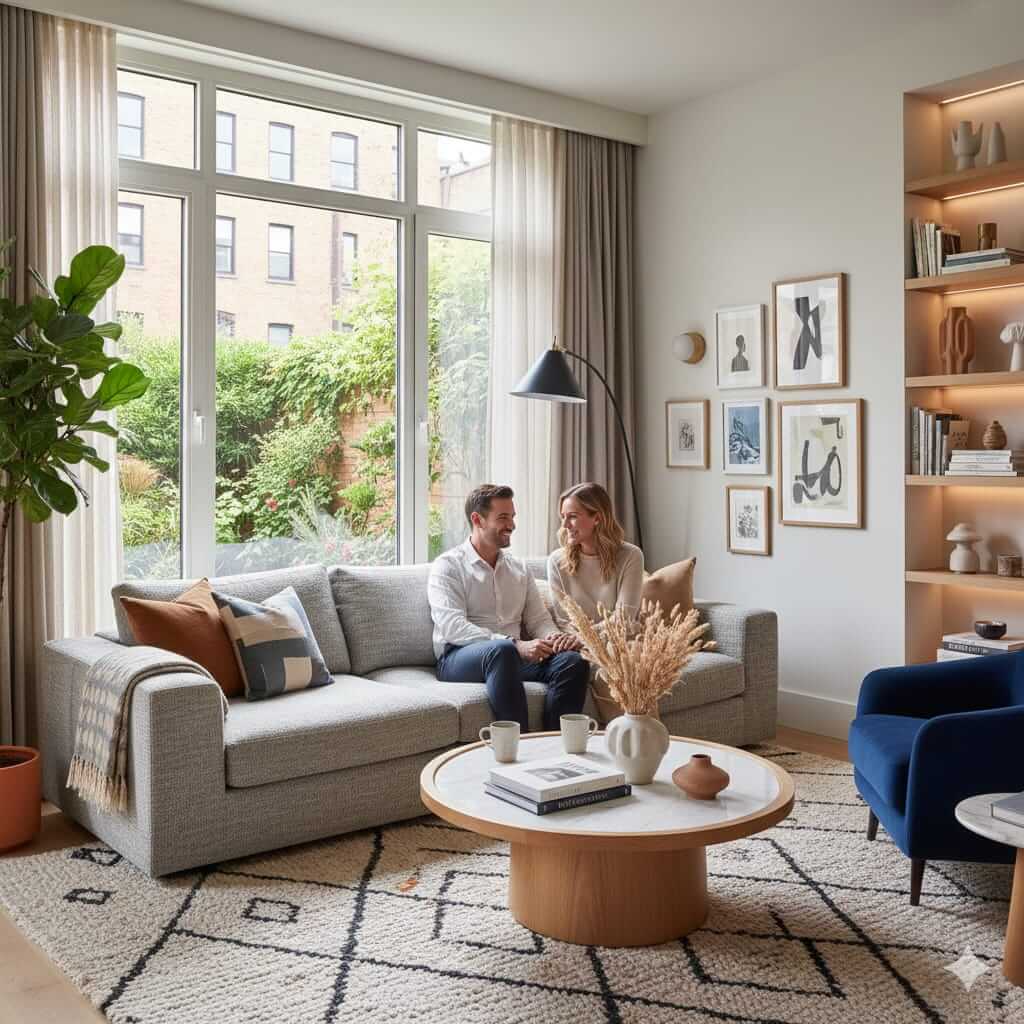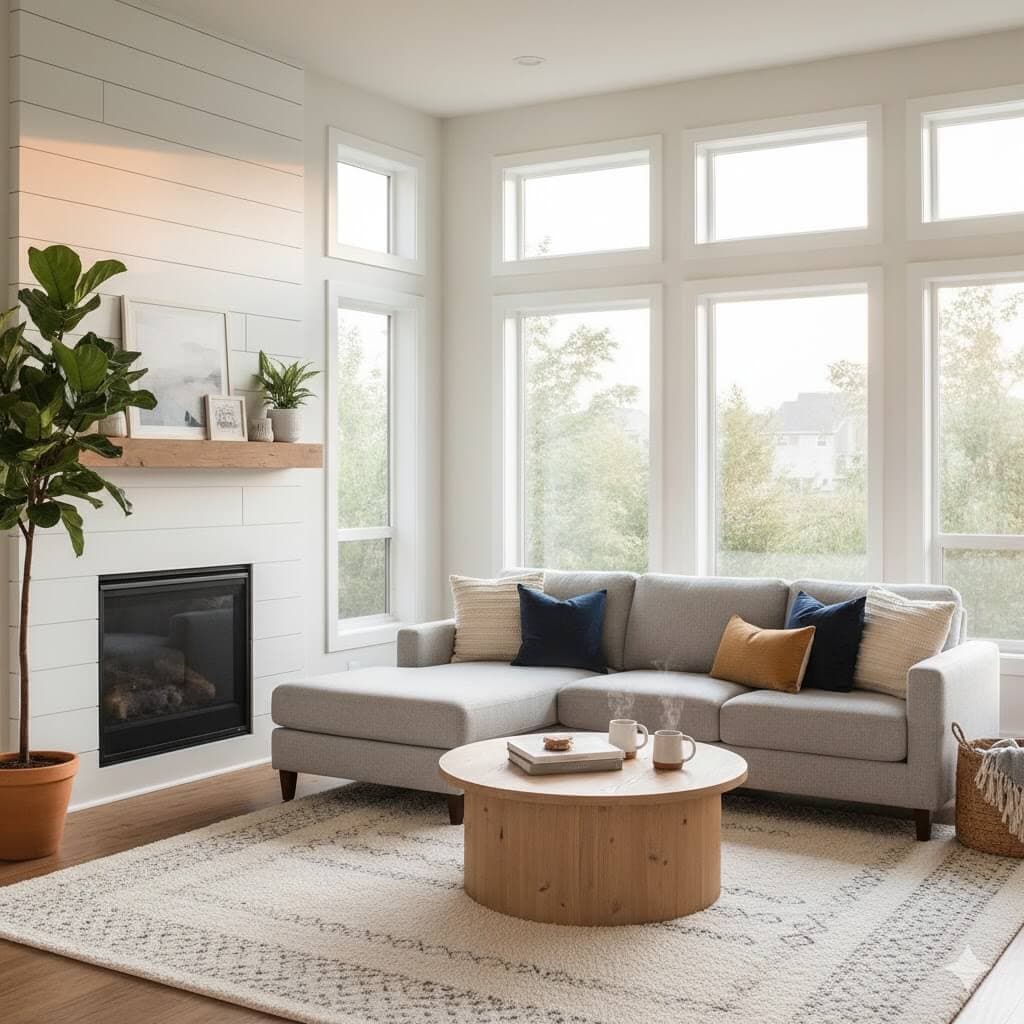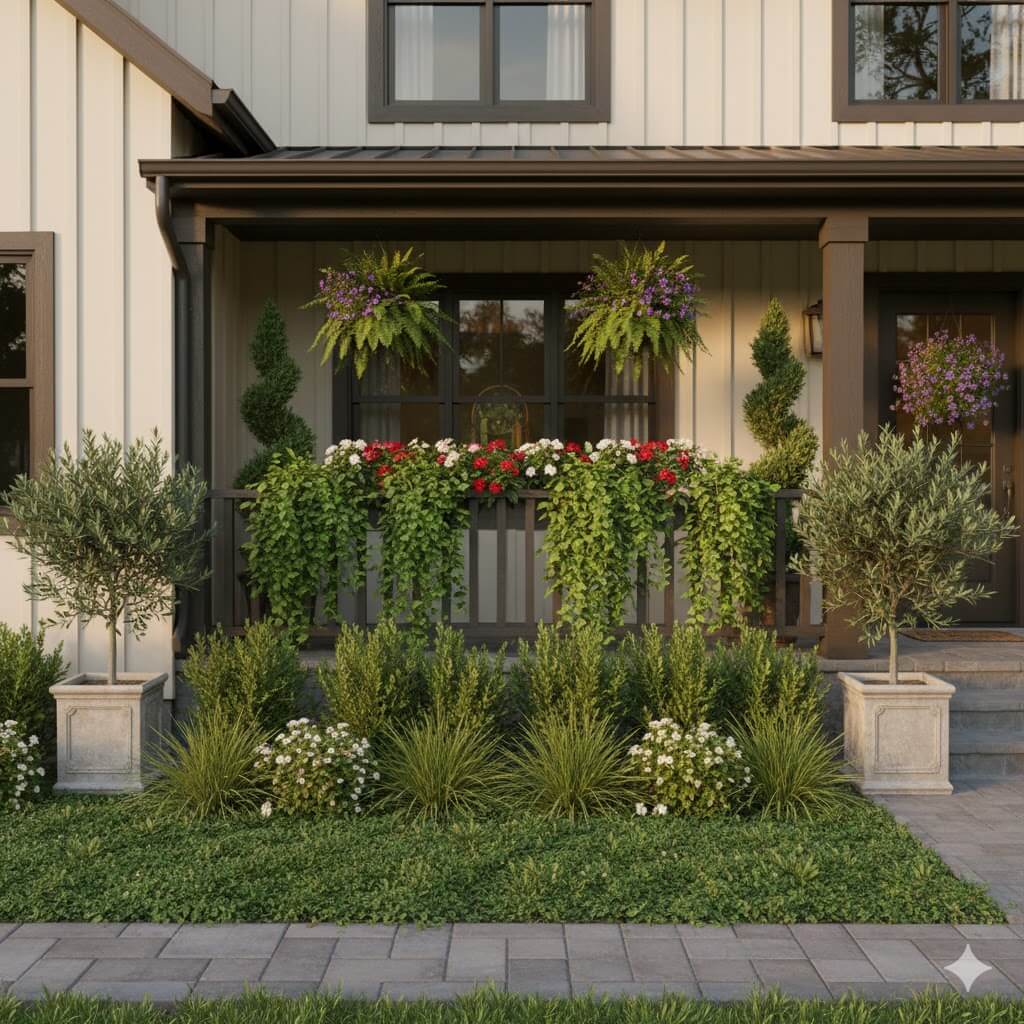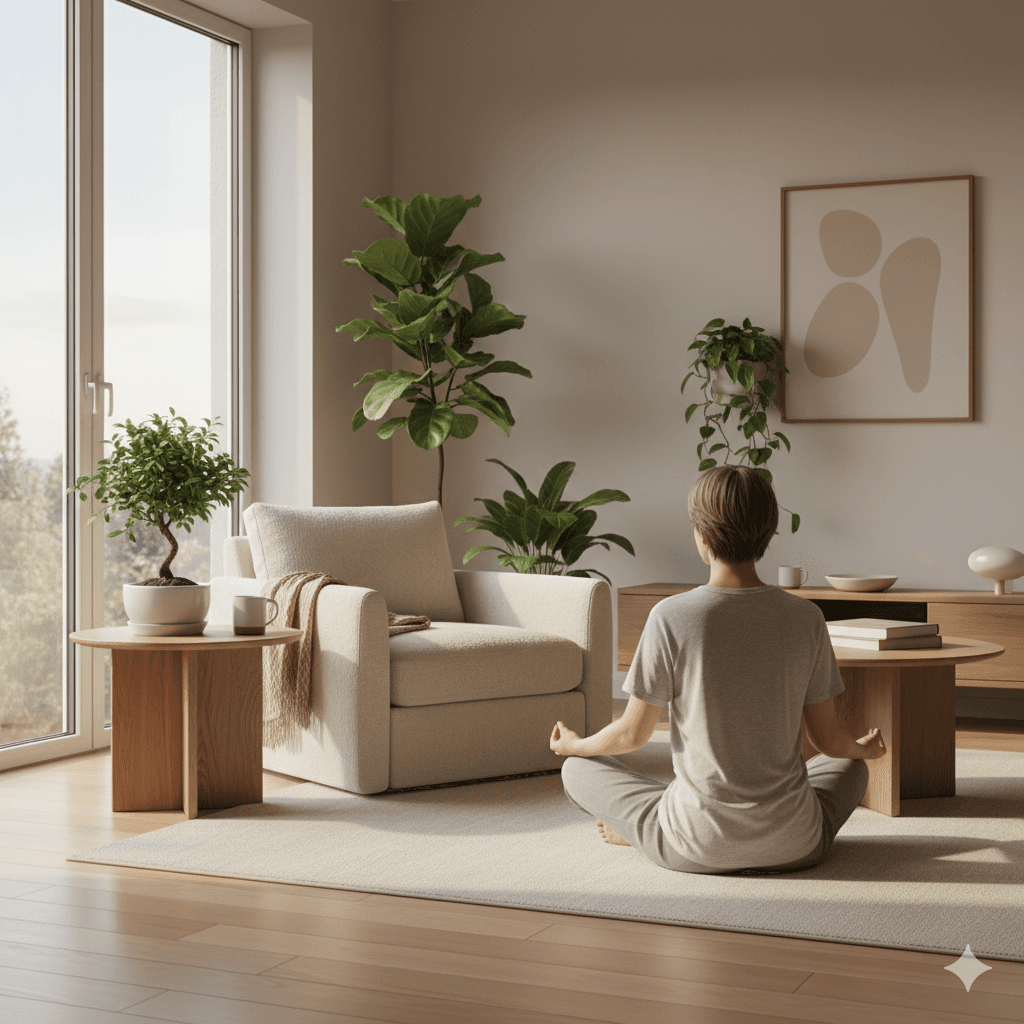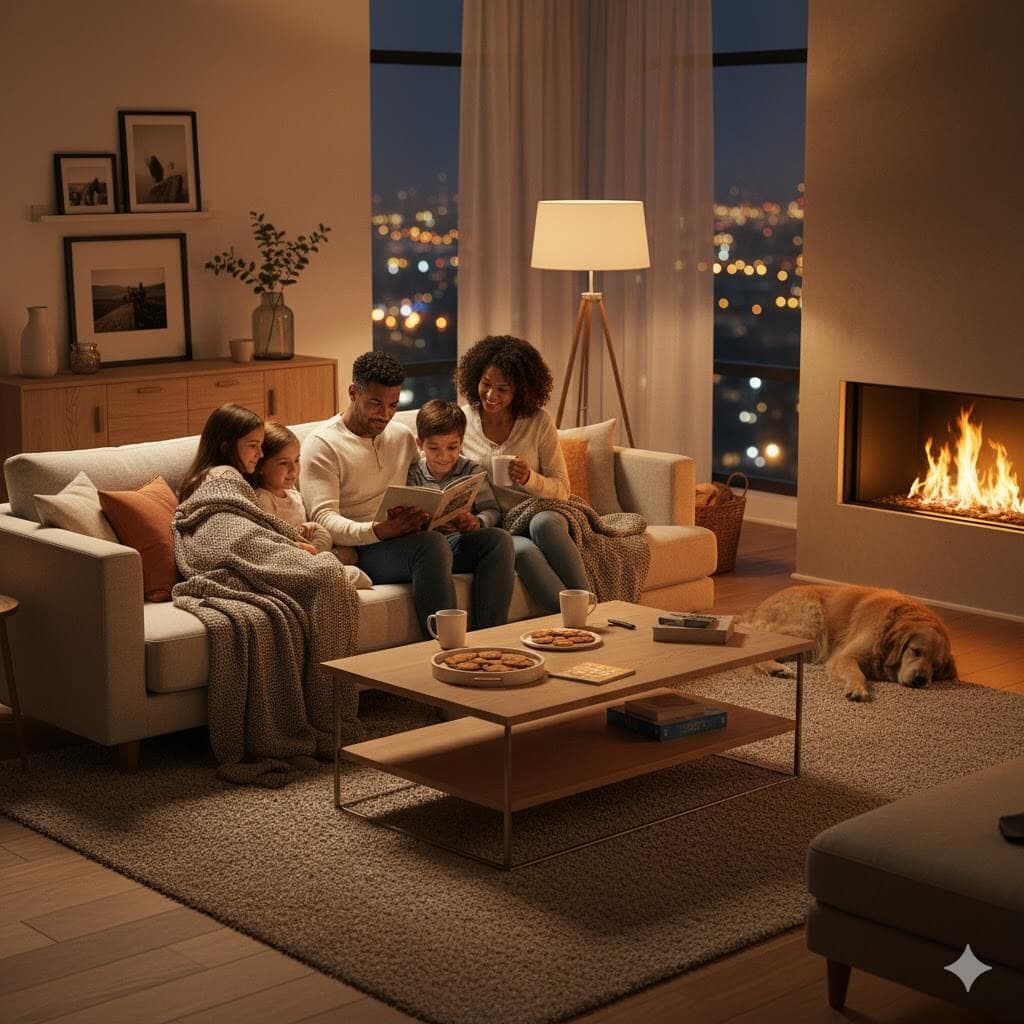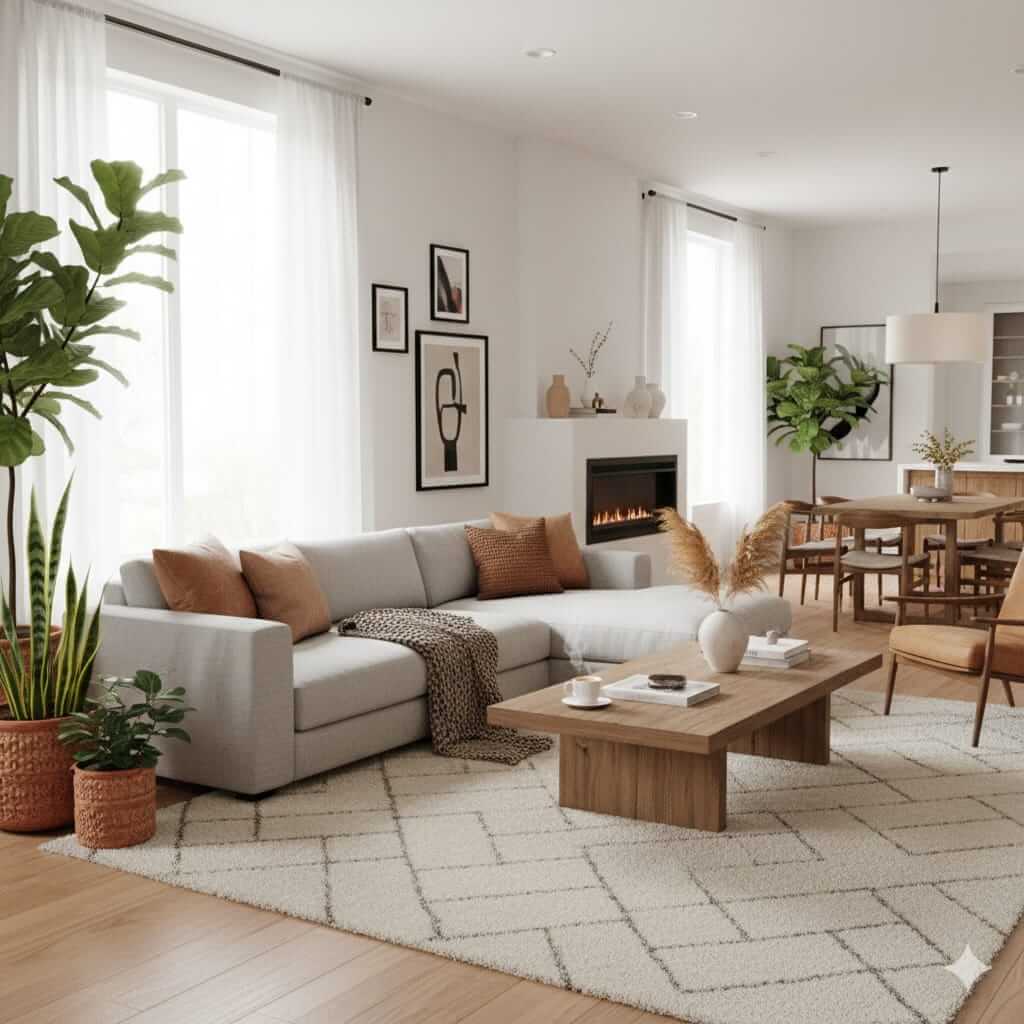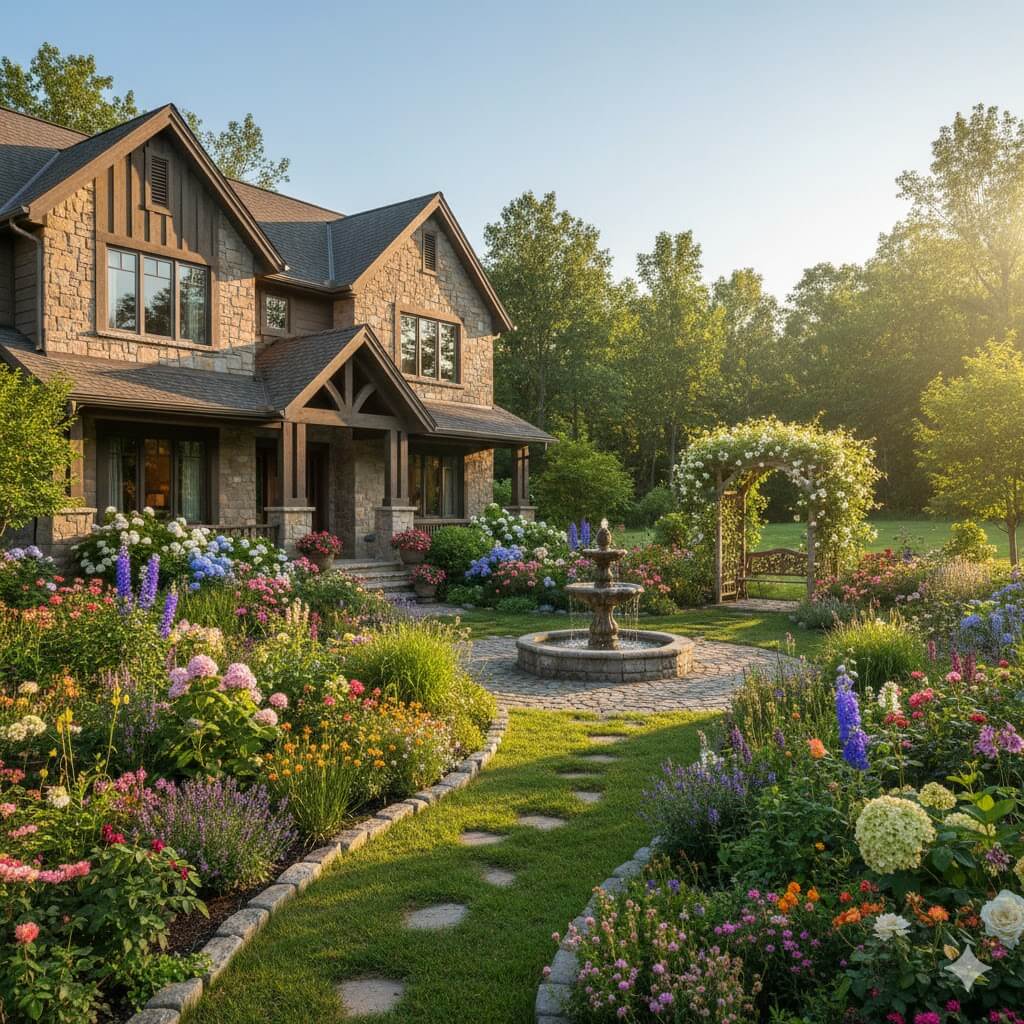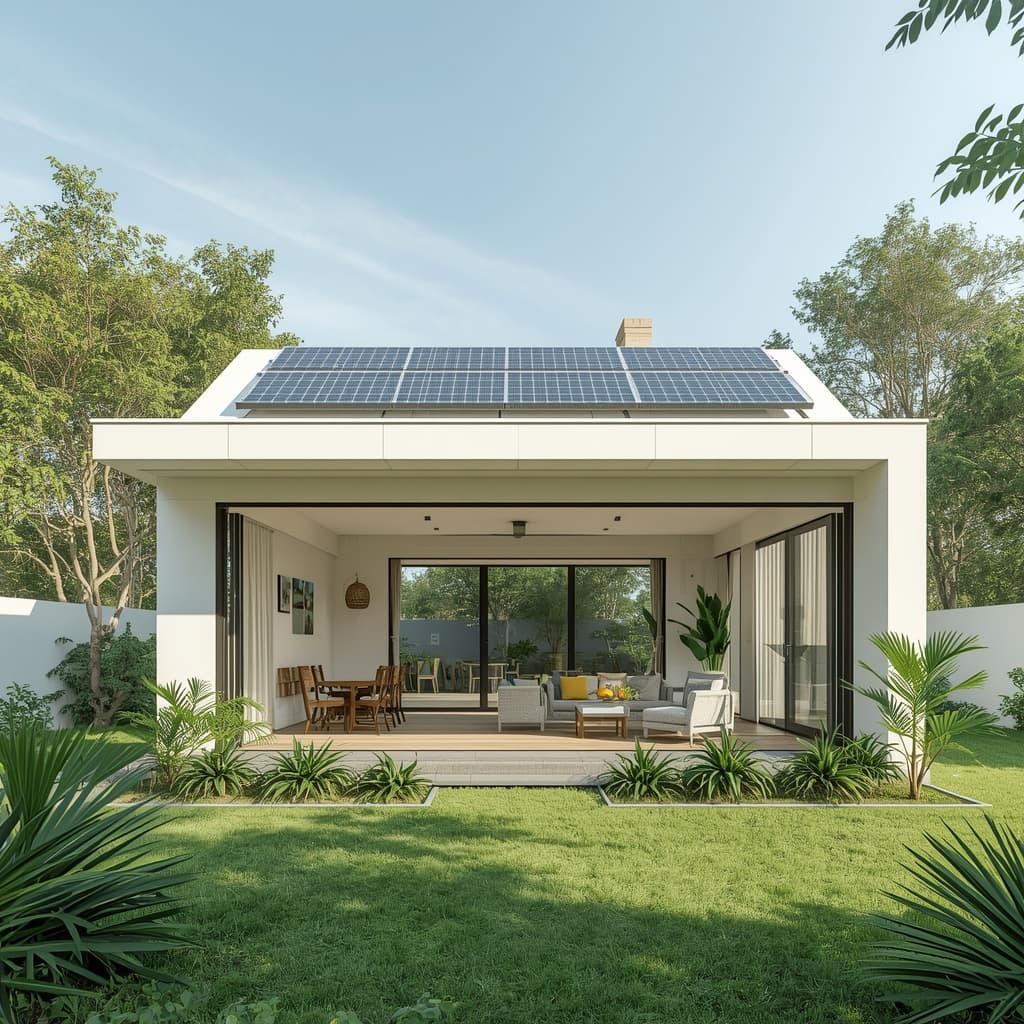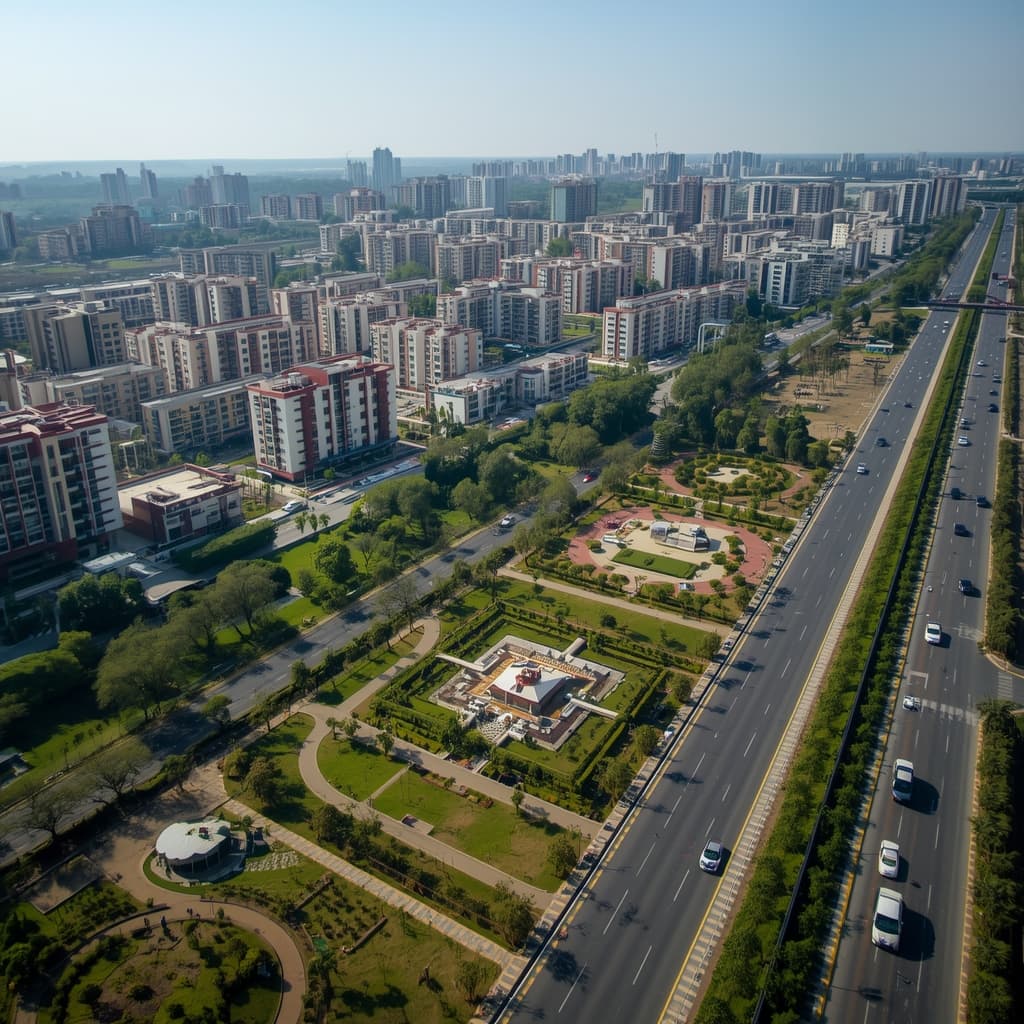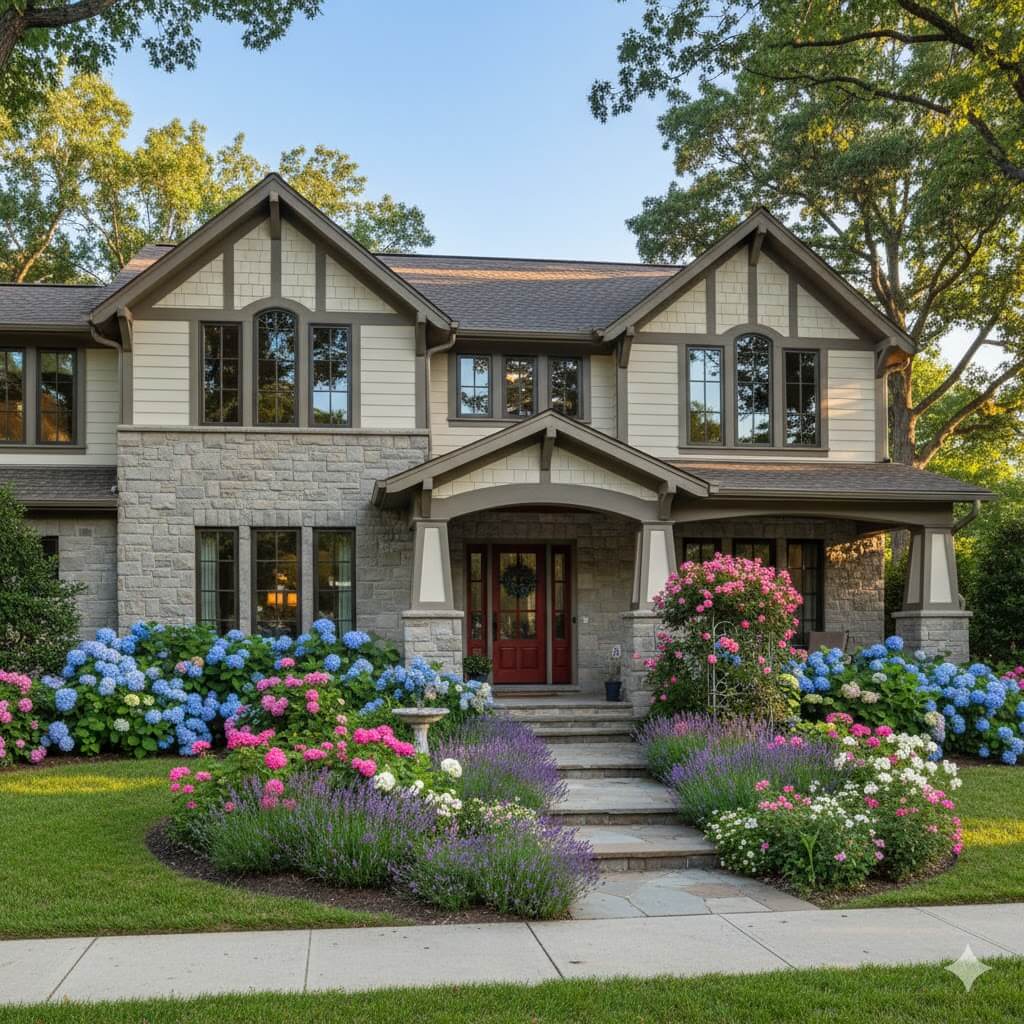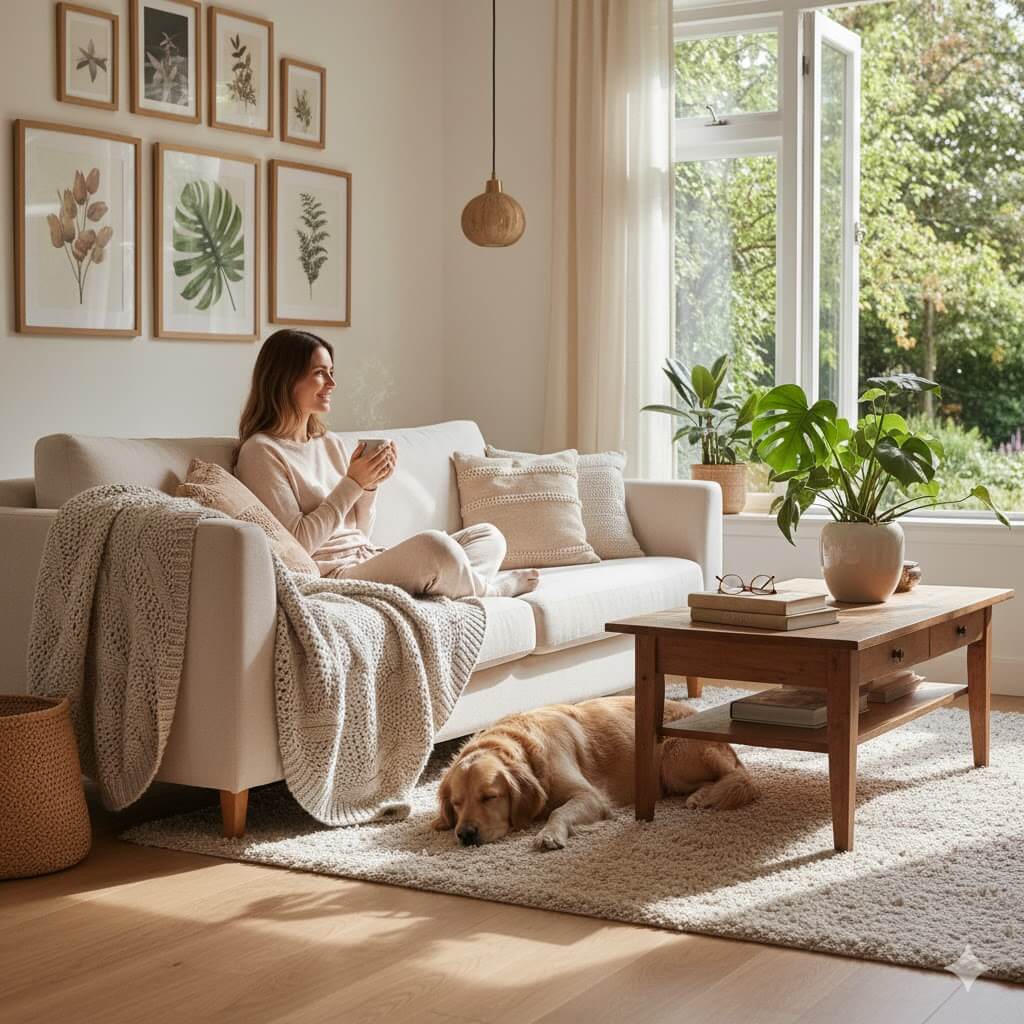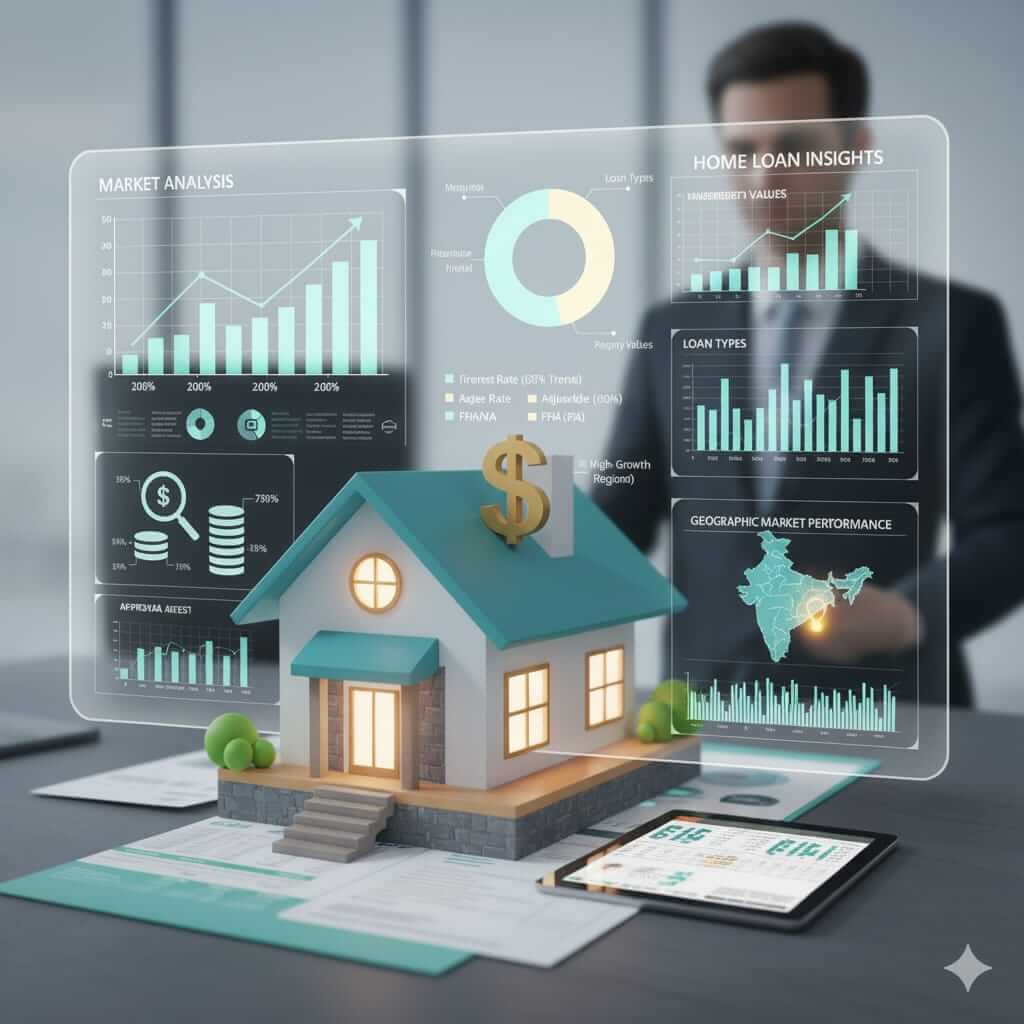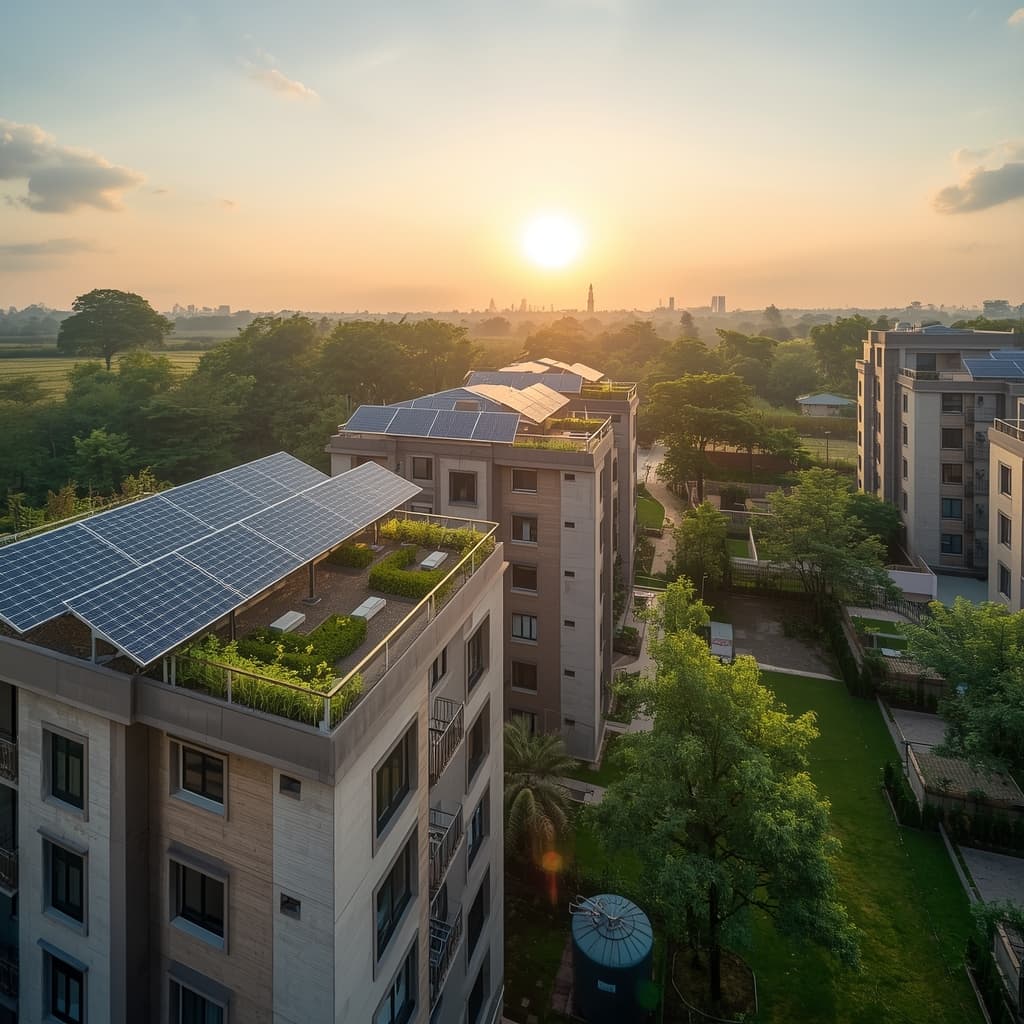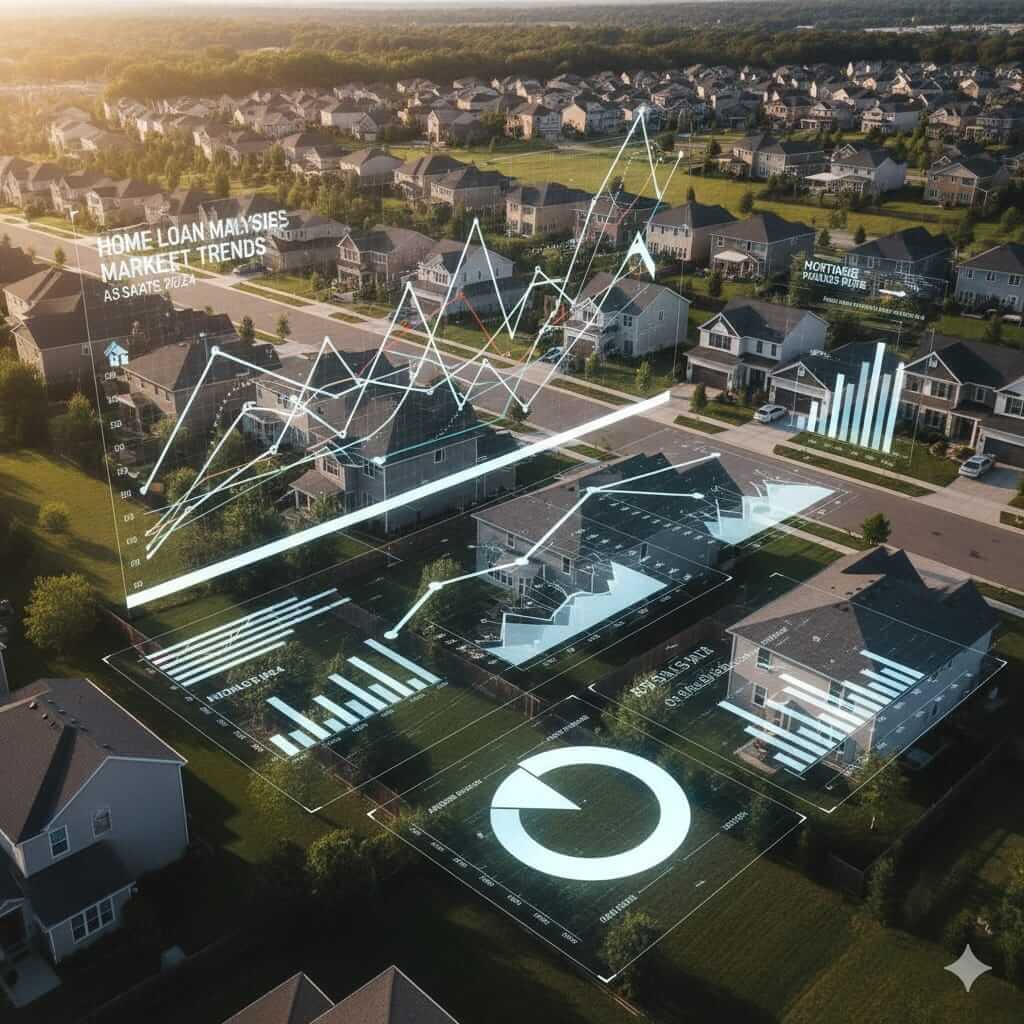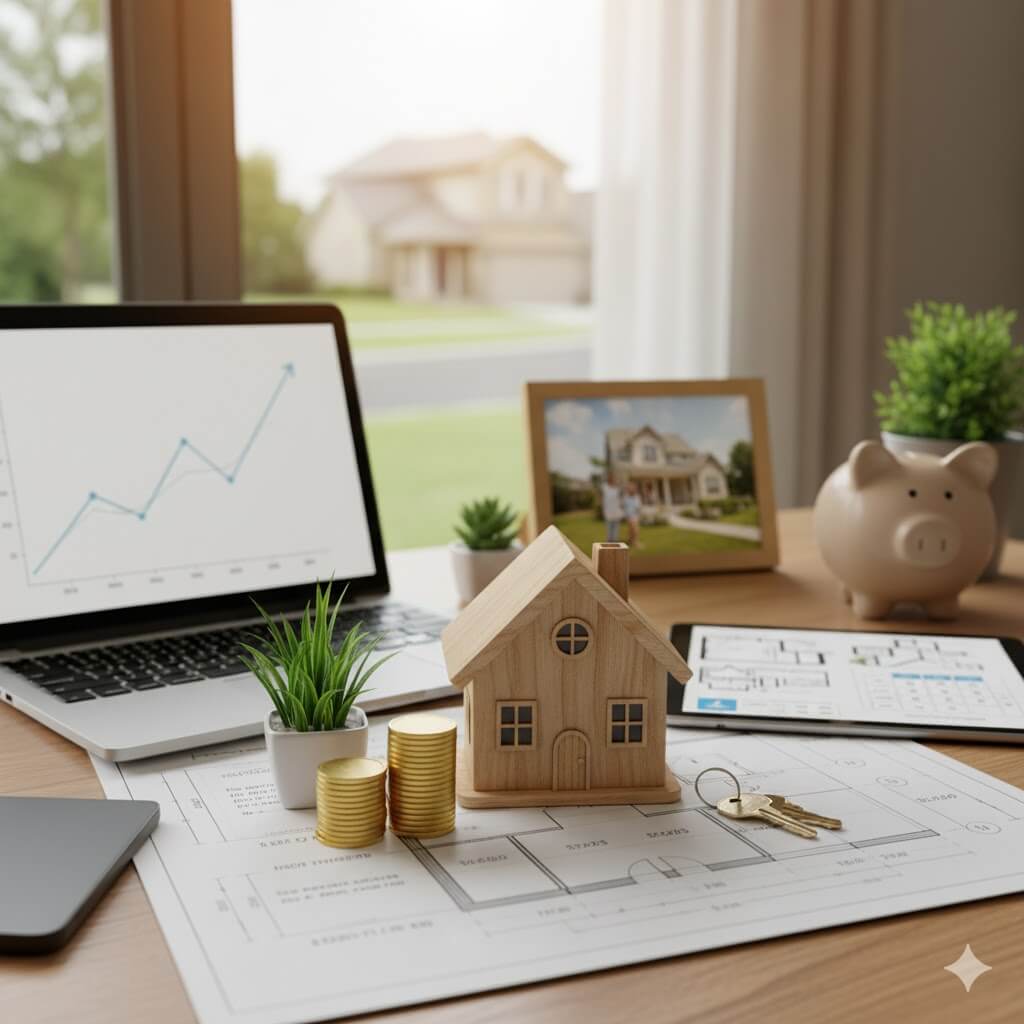Smart Home Technology: How It's Changing Daily Life
In recent years, smart home technology has transformed how people interact with their living spaces. From automated lighting to voice-controlled assistants, these innovations are making daily life more convenient, efficient, and secure. As technology becomes increasingly affordable and accessible, smart homes are no longer a luxury but a practical way to enhance comfort, save energy, and manage households effectively.

Smart home technology is rapidly transforming the way people live, making everyday life more convenient, efficient, and secure. From voice-controlled assistants and automated lighting to smart appliances and security systems, these innovations simplify household tasks and save valuable time. In 2025, smart homes are no longer a luxury but an accessible solution for enhancing comfort, improving energy efficiency, and managing daily routines seamlessly. By integrating technology into living spaces, homeowners can enjoy a lifestyle that is safer, more connected, and tailored to their individual needs.
1. Automation for Convenience
One of the most noticeable benefits of smart homes is automation. Smart devices like thermostats, lighting systems, and kitchen appliances can be controlled remotely through smartphones or voice commands. For example, you can turn off lights, adjust room temperature, or start your coffee maker while on your way home.Automation also allows for scheduling tasks, such as watering the garden or running robotic vacuum cleaners, which reduces the time spent on routine chores. This convenience frees up time for work, family, or leisure activities, making everyday life smoother and more efficient.
2.Energy Efficiency and Cost Savings
Smart home technology helps households become more energy-efficient. Devices like smart thermostats learn usage patterns and adjust heating or cooling accordingly. Motion-sensor lighting ensures lights are off in empty rooms, reducing unnecessary energy consumption.Real-time energy monitoring apps enable residents to track electricity usage and make informed decisions. Over time, these practices not only lower utility bills but also contribute to a more environmentally sustainable lifestyle.
3. Enhanced Security
Security is a major advantage of smart homes. Smart locks, surveillance cameras, motion detectors, and alarm systems allow homeowners to monitor their property remotely. Alerts are sent to smartphones in case of unusual activity, ensuring peace of mind even when away.Advanced security features, such as facial recognition or automated locking systems, enhance safety. Additional devices like smart smoke detectors, gas leak sensors, and flood alerts protect both residents and property, creating a safer home environment.
4. Health and Wellness Integration
Smart homes also contribute to health and wellness. Wearable devices, sleep trackers, and smart beds monitor personal health metrics, while kitchen appliances help maintain a balanced diet. Voice assistants can provide reminders for medications, hydration, or exercise routines, helping individuals stay on top of their wellness goals.For people with mobility challenges or chronic health conditions, smart homes increase independence. Automated doors, voice-activated appliances, and remote monitoring allow residents to live safely and comfortably.
5. Impact on Daily Routines
Smart home technology reshapes daily routines by streamlining tasks and improving efficiency. Families can coordinate schedules through shared smart calendars, manage chores with connected devices, and even control children's screen time remotely.Smart assistants manage reminders, shopping lists, and entertainment preferences, making everyday planning simpler. This integration reduces stress, fosters better time management, and allows for more meaningful family interactions.
The Future of Smart Homes
The future of smart home technology is promising. AI and machine learning will make homes increasingly intuitive, anticipating needs before residents even act. Integration with smart cities, energy grids, and autonomous transportation systems will create a fully connected ecosystem.Smart homes are expected to become standard rather than optional, offering not just convenience, but also sustainability, health benefits, and enhanced safety. As innovation continues, they will play a central role in shaping modern lifestyles.
Conclusion
Smart home technology is revolutionizing daily life by combining convenience, efficiency, safety, and wellness. From automated chores to health monitoring and enhanced security, these innovations simplify routines and allow residents to focus on what matters most. While challenges like privacy and cost exist, informed choices and careful planning ensure that the benefits outweigh the drawbacks.
About Ayushi Payal
Real estate expert with over 10 years of experience helping clients navigate the property market. Specializing in lifestyle and market analysis.



